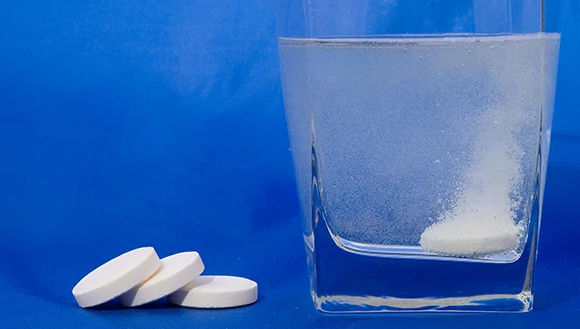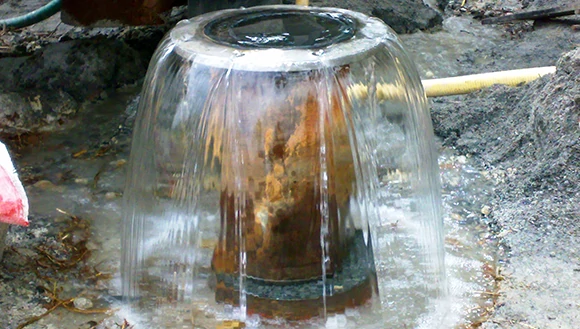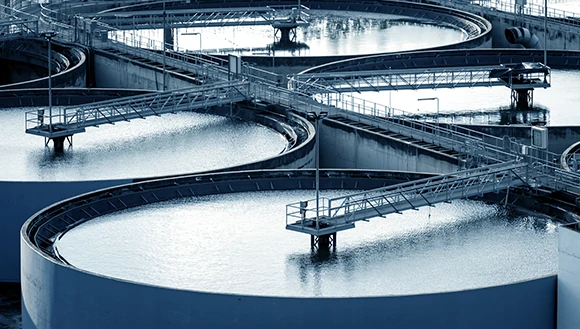By converting sodium chlorite to chlorine dioxide in water treatment, facilities can achieve effective disinfection, residual protection, improved water quality, regulatory compliance, and reduced formation of harmful disinfection by-products. These benefits contribute to ensuring safe and clean water for various applications.
Sodium chlorite and chlorine dioxide play important roles in water treatment by helping to disinfect and purify water. Sodium chlorite is often used as a precursor to chlorine dioxide due to its stability and ease of handling. In water treatment, sodium chlorite can be used to generate chlorine dioxide, which is a powerful disinfectant.
Chlorine dioxide is commonly used for treating borehole and private water sources due to its effectiveness in addressing various water quality issues. Here are some reasons why chlorine dioxide is a preferred choice for treating borehole and private water:
Powerful Disinfection: Chlorine dioxide is a potent disinfectant that can effectively kill a broad spectrum of harmful microorganisms, including bacteria, viruses, and protozoa, that may be present in borehole and private water sources. It helps ensure that the water is safe for consumption by reducing the microbial load. chlorine dioxide acts quicker to kill pathogens, making it suitable for situations where rapid disinfection is necessary.
Residual Protection: Chlorine dioxide provides residual protection in water systems, helping to prevent the regrowth of pathogens and the formation of biofilms in boreholes and private water distribution systems. This residual effect can enhance the safety and quality of water over time.


Taste and Odor Control: Chlorine dioxide can help improve the taste and odor of water by oxidizing organic compounds that contribute to unpleasant tastes and smells. This is particularly beneficial for private water sources where taste and odor issues may be a concern.
Effective Oxidizing Agent: Chlorine dioxide is a strong oxidizing agent that can effectively break down organic and inorganic contaminants present in water, such as iron, manganese, and hydrogen sulfide. It helps in reducing these impurities, improving water clarity and quality.
Versatility: Chlorine dioxide is effective over a wide pH range and can work in various water conditions, making it a versatile option for treating different types of borehole and private water sources. It can adapt to varying water chemistry and still maintain its disinfection efficacy. Chlorine dioxide maintains its disinfection efficiency even in cold water, which can be an advantage for wells located in colder climates.
Easy Application: Chlorine dioxide is relatively easy to apply and dose in water treatment systems. It can be conveniently generated on-site and dosed into the water supply, making it a practical choice for treating smaller-scale water systems like boreholes and private wells.


Compliance and Safety: Chlorine dioxide is recognized as a safe and approved disinfectant for water treatment by regulatory authorities. Using chlorine dioxide for borehole and private water treatment can help ensure compliance with water quality standards and regulations, providing peace of mind to water users.
Overall, the use of chlorine dioxide for treating borehole and private water sources offers effective disinfection, residual protection, taste and odor control, oxidation of contaminants, versatility in different water conditions, ease of application, and compliance with safety standards. These benefits make chlorine dioxide a suitable and reliable option for ensuring the safety and quality of water from boreholes and private sources.